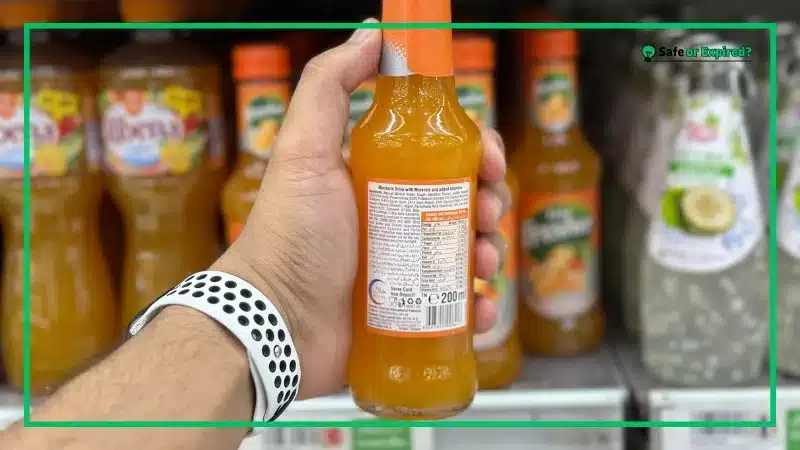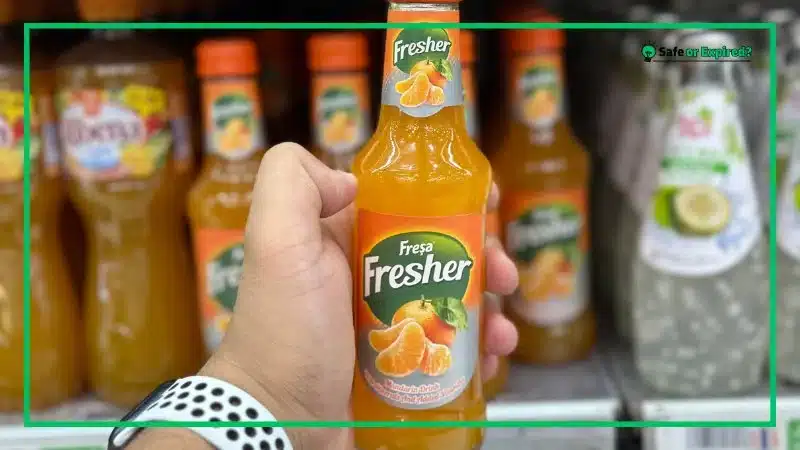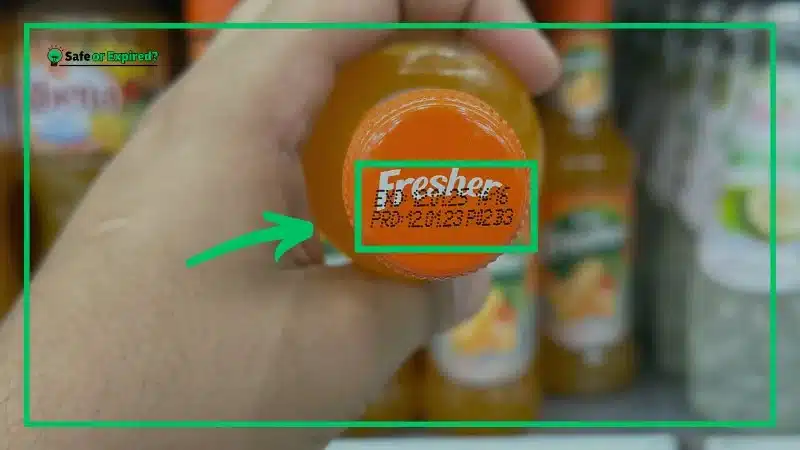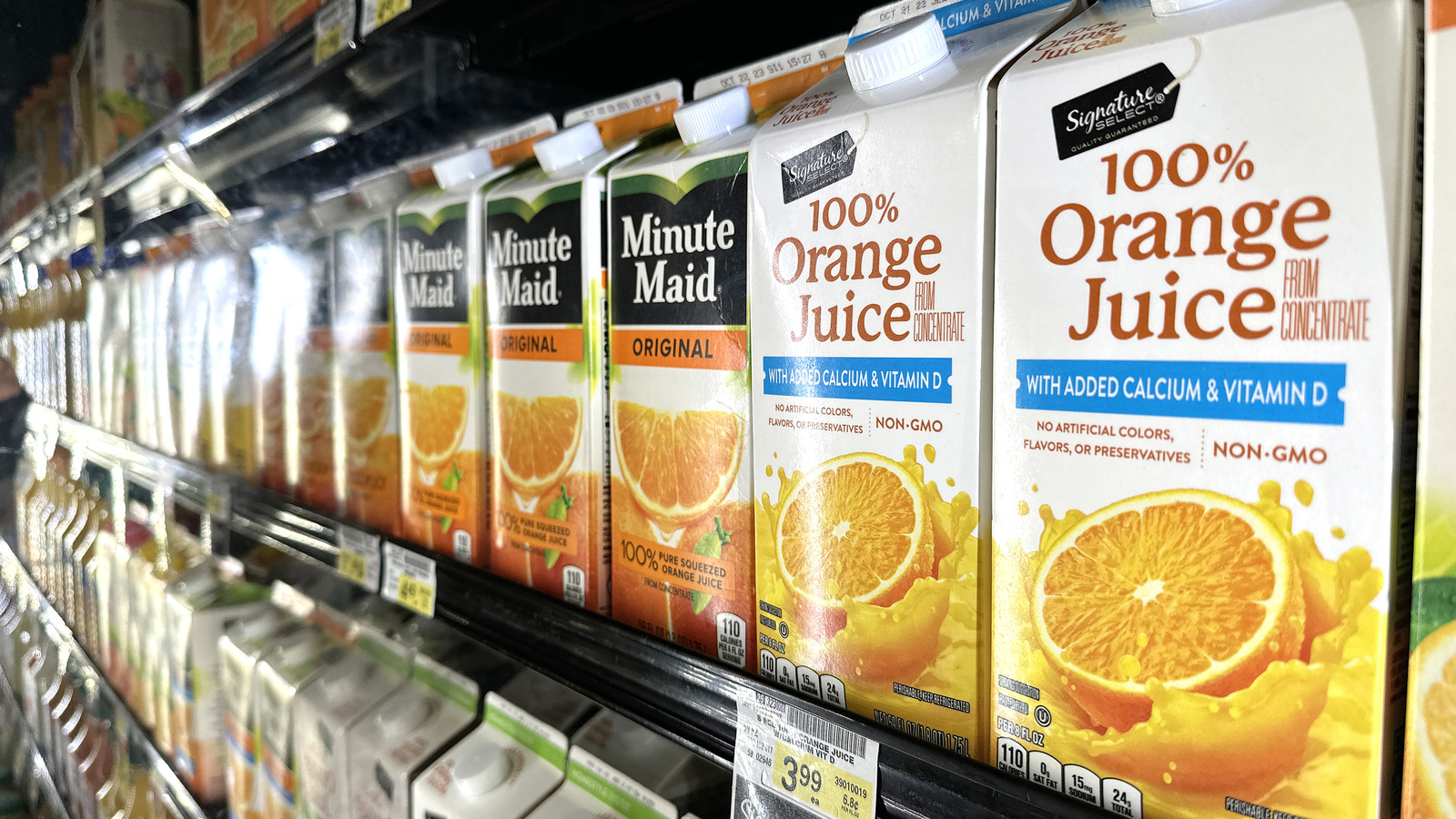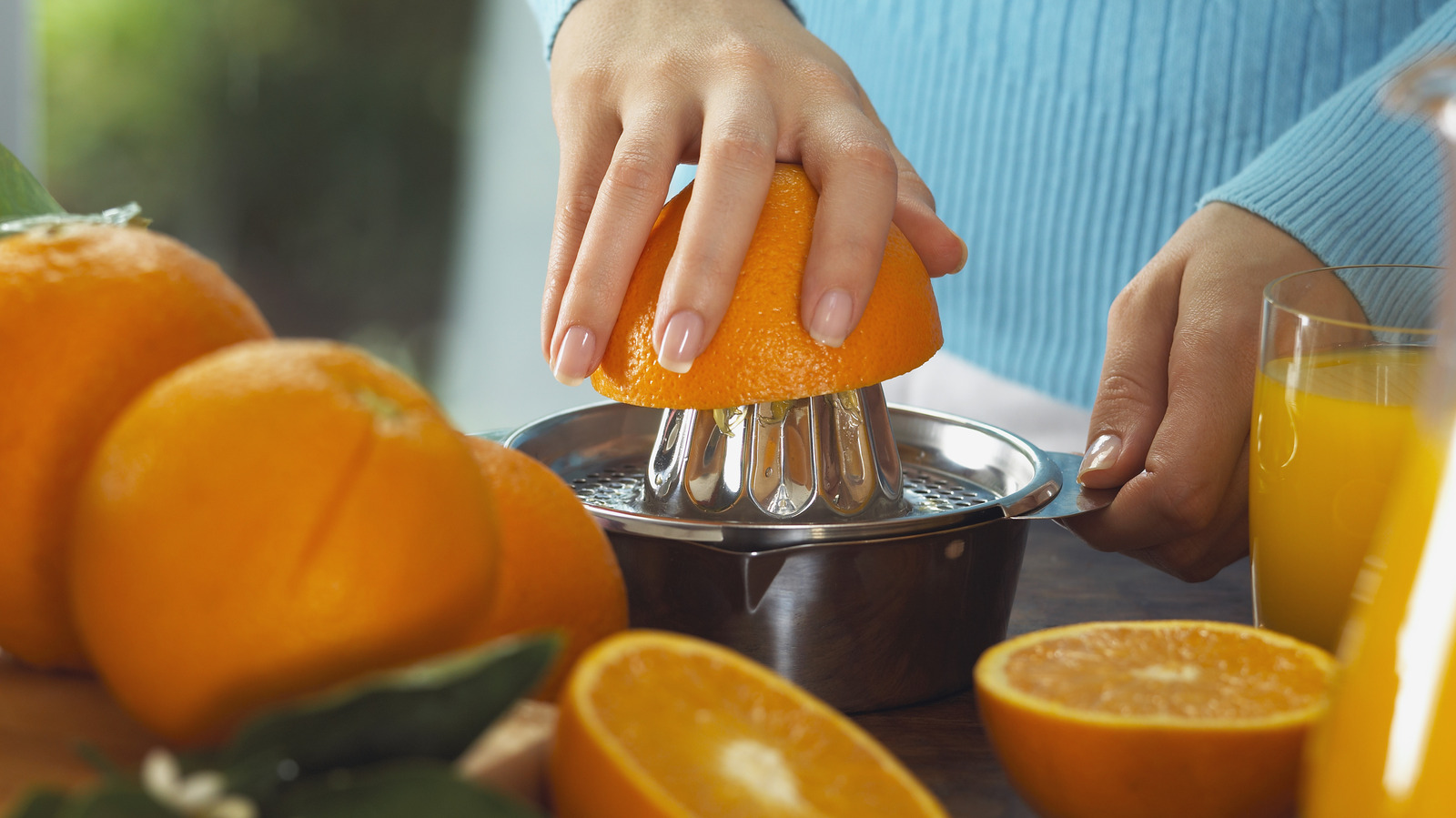How Long Does Orange Juice Last After Expiration Date
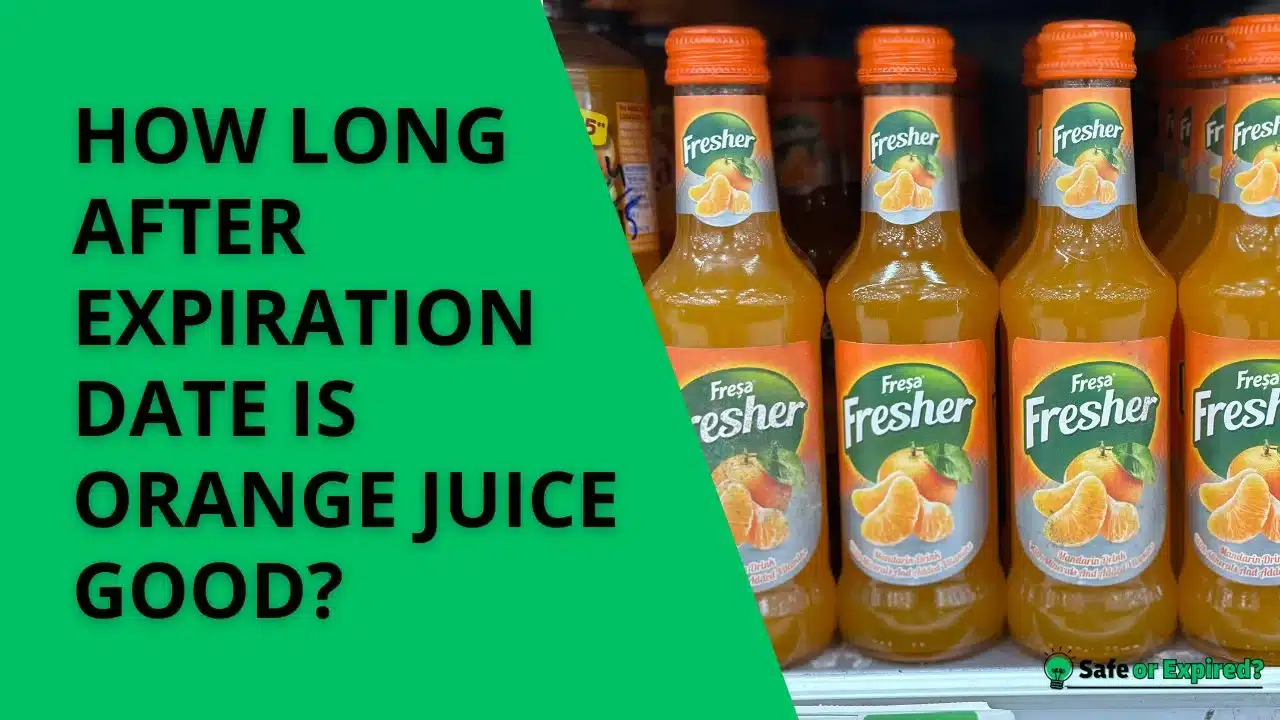
Expired orange juice lurking in your fridge? Don't risk it! Drinking spoiled juice can lead to unpleasant and potentially dangerous health issues.
Navigating expiration dates can be tricky, especially with perishable items like orange juice. This article cuts through the confusion, delivering critical information on how long orange juice truly lasts and the telltale signs of spoilage, ensuring you stay safe and healthy.
Understanding Expiration Dates: Sell-By, Use-By, and Best-By
It's vital to understand the difference between "sell-by," "use-by," and "best-by" dates. These dates, often misunderstood, are not indicators of spoilage. They primarily reflect the manufacturer's estimate of peak quality.
"Sell-by" dates are for retailers, informing them when to remove a product from shelves. "Use-by" dates suggest when the product's quality may begin to decline. "Best-by" dates indicate when the product should be consumed for optimal flavor and texture.
The USDA notes that, generally, food is safe to consume after these dates, assuming it has been stored correctly. However, quality, flavor and texture could be diminished.
How Long Does Orange Juice Last After the Expiration Date?
The longevity of orange juice after its expiration date hinges on several factors. These factors include the type of juice (pasteurized vs. unpasteurized), storage conditions, and whether it’s opened or unopened.
Pasteurized orange juice, the most common type, undergoes heat treatment to kill harmful bacteria and extend shelf life. Unopened pasteurized orange juice can often last 7-10 days beyond the date printed on the carton, when refrigerated.
Once opened, pasteurized orange juice should be consumed within 7-10 days. Unpasteurized, fresh-squeezed orange juice has a considerably shorter lifespan.
Unpasteurized orange juice typically lasts only 5-7 days from the date of production, whether opened or unopened. Always keep it refrigerated and consume it promptly.
Factors Affecting Shelf Life
Storage conditions significantly impact how long orange juice stays fresh. Orange juice should be stored in the refrigerator at a temperature between 33°F and 40°F (0.5°C and 4.4°C).
Temperature fluctuations can accelerate spoilage. Avoid leaving orange juice at room temperature for extended periods.
Exposure to air also promotes bacterial growth. Always seal the container tightly after each use.
Signs of Spoilage: What to Look For
Identifying spoilage is crucial to avoid consuming contaminated orange juice. Look for these warning signs before taking a sip.
Off Odor: Fresh orange juice has a pleasant, citrusy scent. A sour, fermented, or otherwise unpleasant odor is a clear indication of spoilage.
Change in Color: Fresh orange juice has a vibrant orange hue. If the juice appears darkened, brownish, or discolored, it may be spoiled.
Unusual Texture: Fresh orange juice has a smooth, liquid consistency. The presence of clumps, sediment, or a thickened texture suggests spoilage.
Sour or Off Taste: Even if the appearance and smell seem normal, a sour, bitter, or otherwise off taste indicates spoilage. Do not swallow the juice.
Mold Growth: Visible mold growth, even a small amount, is a definite sign of spoilage. Discard the entire container immediately.
Health Risks of Drinking Spoiled Orange Juice
Consuming spoiled orange juice can lead to various gastrointestinal issues. These issues range from mild discomfort to more severe illnesses.
Symptoms of food poisoning from spoiled orange juice include nausea, vomiting, diarrhea, stomach cramps, and fever. The severity of symptoms depends on the type and amount of bacteria present.
In severe cases, food poisoning can lead to dehydration and require medical attention. Individuals with weakened immune systems, pregnant women, and young children are at higher risk.
What to Do If You Suspect You've Drunk Spoiled Orange Juice
If you suspect you've consumed spoiled orange juice, monitor yourself for symptoms. Stay hydrated and rest.
If symptoms are mild, they may resolve on their own within a few hours. If symptoms are severe or persist for more than 24 hours, seek medical advice.
Contact a healthcare professional immediately if you experience high fever, bloody stools, or severe dehydration.
Safe Storage Tips to Maximize Freshness
Proper storage is essential to extend the shelf life of orange juice. Follow these tips to keep your juice fresh and safe to drink.
Refrigerate orange juice immediately after opening. Store it in its original container or a tightly sealed airtight container.
Avoid leaving orange juice at room temperature for more than two hours. Do not drink directly from the carton, as this introduces bacteria.
If you buy fresh squeezed juice, consume it as soon as possible. Consider freezing orange juice for longer storage.
Conclusion: Prioritize Safety and Common Sense
While pasteurized orange juice can sometimes last a few days beyond the expiration date, it's crucial to prioritize safety. Always inspect the juice for signs of spoilage before consuming it.
When in doubt, err on the side of caution and discard the juice. Stay informed and vigilant to protect your health and well-being.
Authorities continue monitoring food safety guidelines, so stay updated. Check USDA website for further food safety information.
